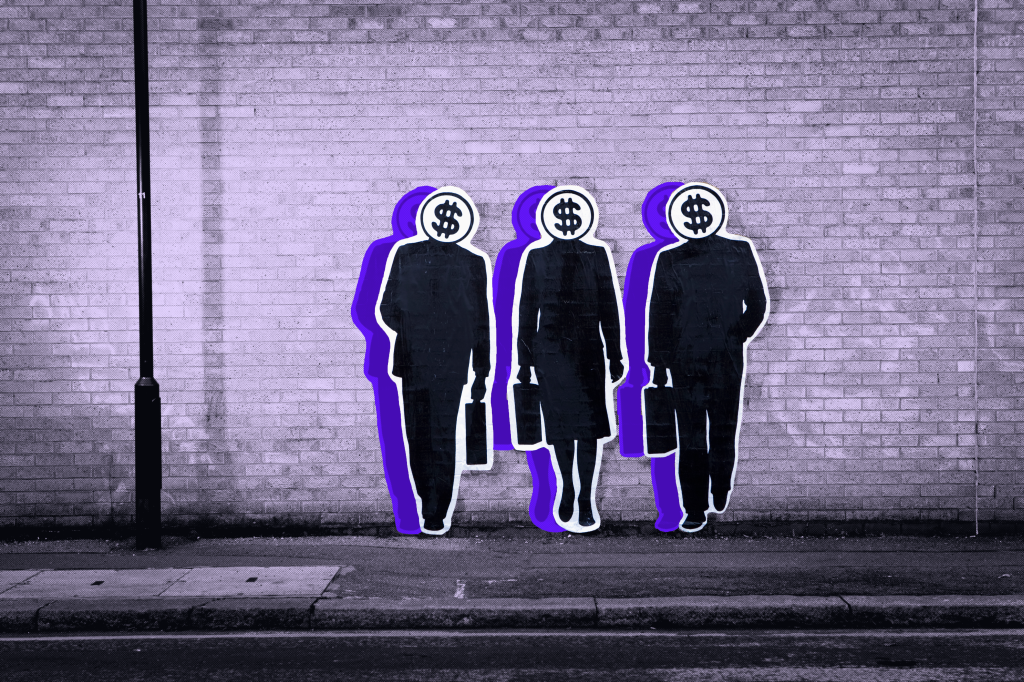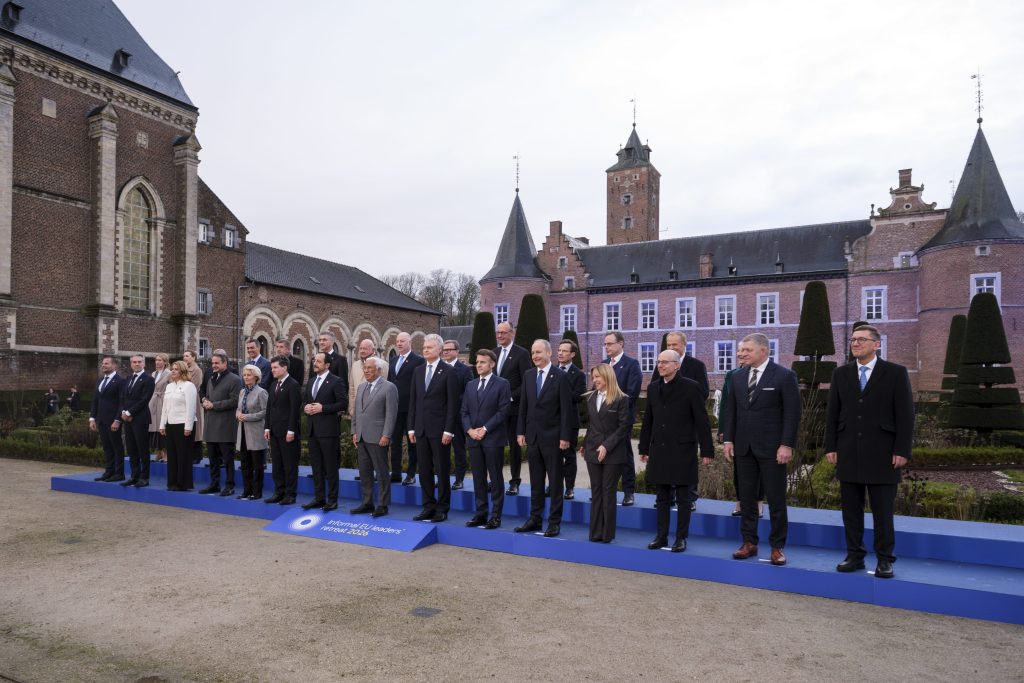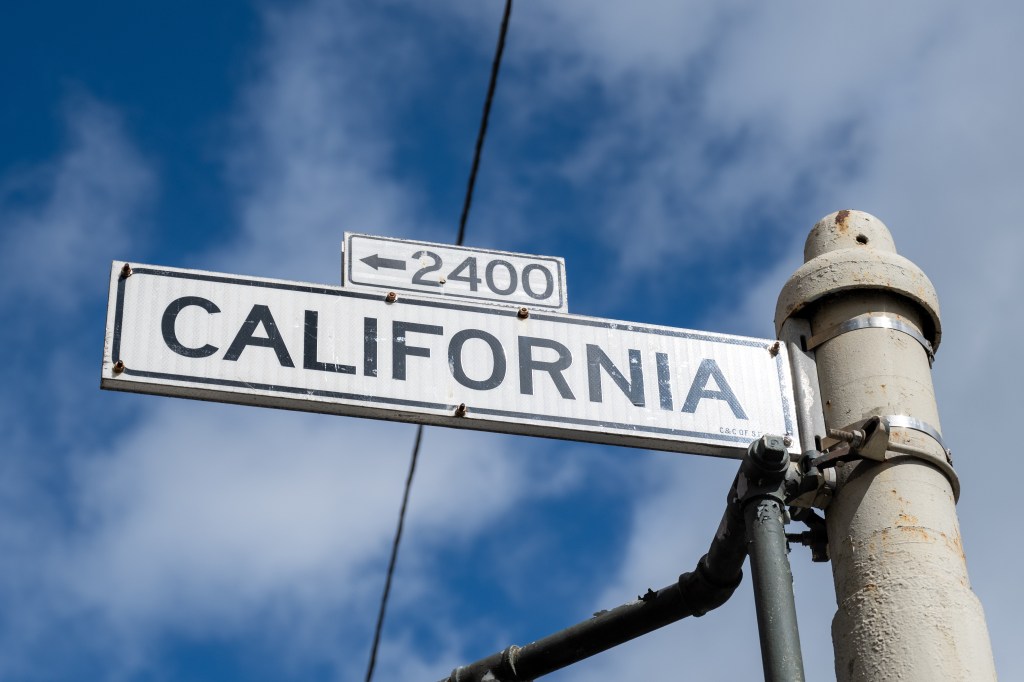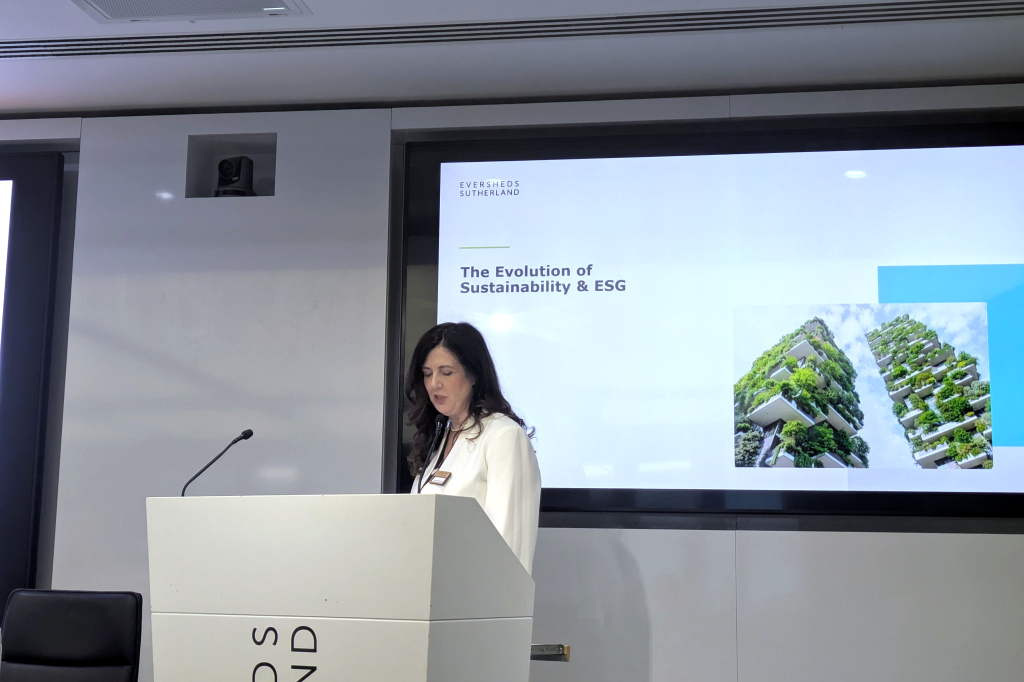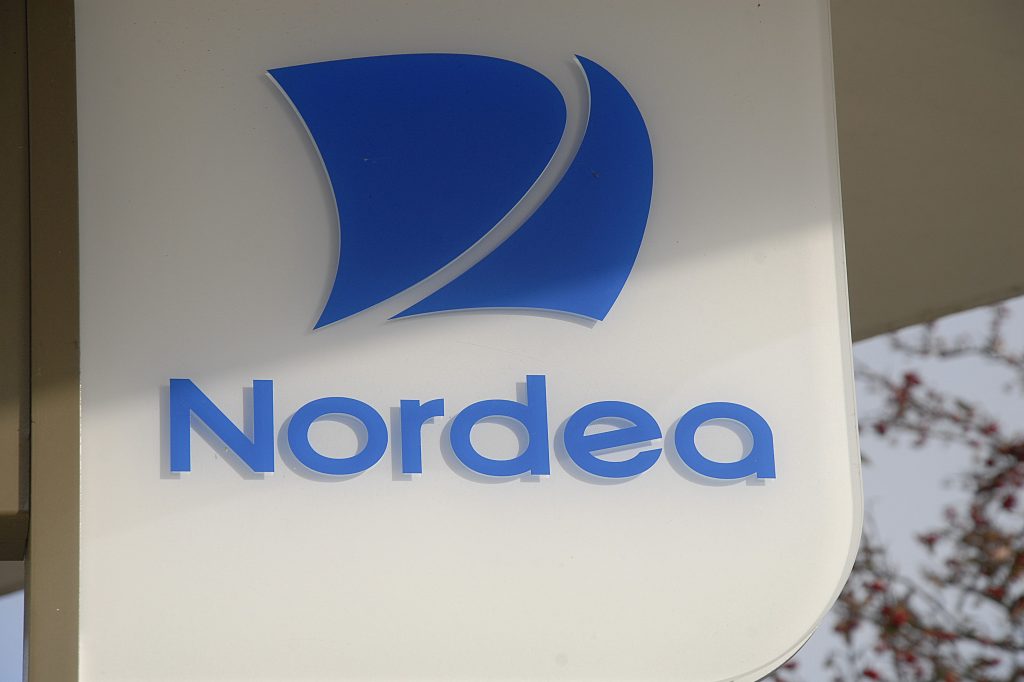Nordea Bank Abp has reached a settlement with the New York State Department of Financial Services (NYDFS) after the regulator determined that the bank had compliance failures and failed to conduct proper due diligence of its correspondent bank partners.
The bank entered into a
Register for free to keep reading
To continue reading this article and unlock full access to GRIP, register now. You’ll enjoy free access to all content until our subscription service launches in early 2026.
- Unlimited access to industry insights
- Stay on top of key rules and regulatory changes with our Rules Navigator
- Ad-free experience with no distractions
- Regular podcasts from trusted external experts
- Fresh compliance and regulatory content every day

